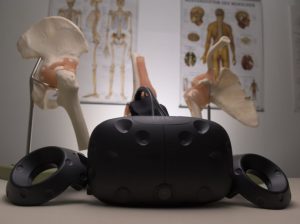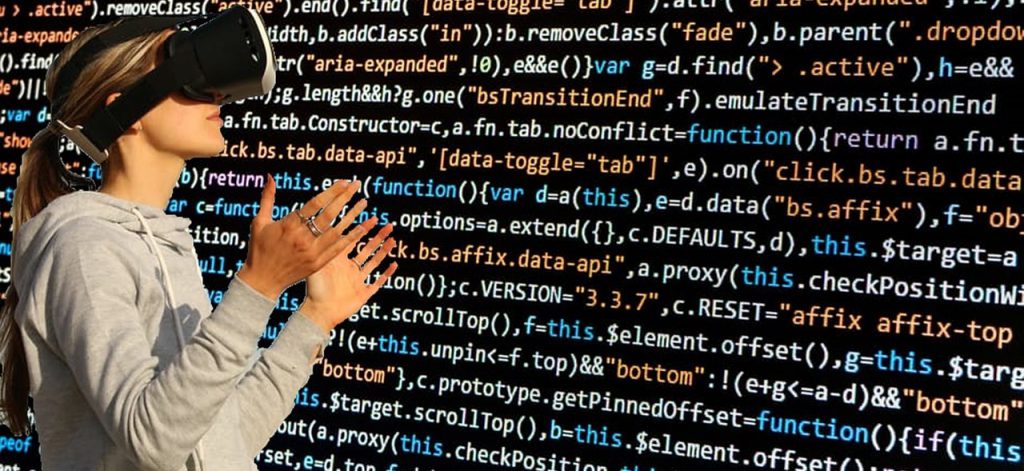We live in a digital age. People in the past were usually able to predict, somewhat accurately, where science and technology might lead us to. However, hardly anyone could have predicted what computers and the Internet would bring us, and all the benefits we have from them – for example, meeting people all over the world without leaving our house or even betting online with great Bookmaker Bonus Codes. Aside from the real world, we were given another, online one, which is just as significant for us in the modern day and age. But the thing which is probably the most baffling, and the definite sign that we are living in the future, is the overlap with those two worlds, with the help of VR and AR technology.
What are VR and AR?
The abbreviations VR and AR are short for virtual reality and augmented reality, respectively. Both of these require the use of some kind of headset; augmented reality merely means that the user has a layer of options on top of his real-world surroundings, whereas VR completely immerses the user into a different world, which often greatly differs from the real world.
Why is VR significant?

Although there are some people who consider this concept to be a dystopian science fiction scenario, VR technology has proven to be extremely helpful in various spheres of life, especially in education. Introducing realistic 3D technology can help students better visualize and understand the concepts they are studying. This is especially significant for medical students, for example, who are now able to truly grasp how the human body operates and how to access it. However, it is not any easier to develop VR apps, and the programmers who do it have numerous languages to choose from. Here, there are some of the most popular programming languages for developing VR apps.
C#
This program is a must-have in the arsenal of any programmer, both novice and veteran, as it is featured in numerous programs and games, for all platforms, including PC and Mac. C# is definitely one of the most popular languages around, and it is only logical that it is also one of the most popular when it comes to creating VR apps.
Java
This is a language most people would expect to find of the list, due to its characteristics. Precisely because it is an object-oriented language, its form makes it an ideal tool for creating the elements that are featured in a virtual reality app.
JavaScript
Big companies, such as Oculus Rift, prefer this type of language, as it is the result of long and hard work to make it as accessible and straight-forward as possible for programmers. It provides a good and useful basis for developing both VR and AR apps.

Swift
Although it is probably not as versatile as some other products on this list, Swift, the language of all Apple-related devices. If you are creating iOS virtual reality apps, you need not go any further than Swift.
Python
This programming language, though fairly easy for beginners, is probably not something that comes to mind in the context of VR apps. However, if you are ambitious, it will be very easy to transition to a more advanced language once you master Python.
